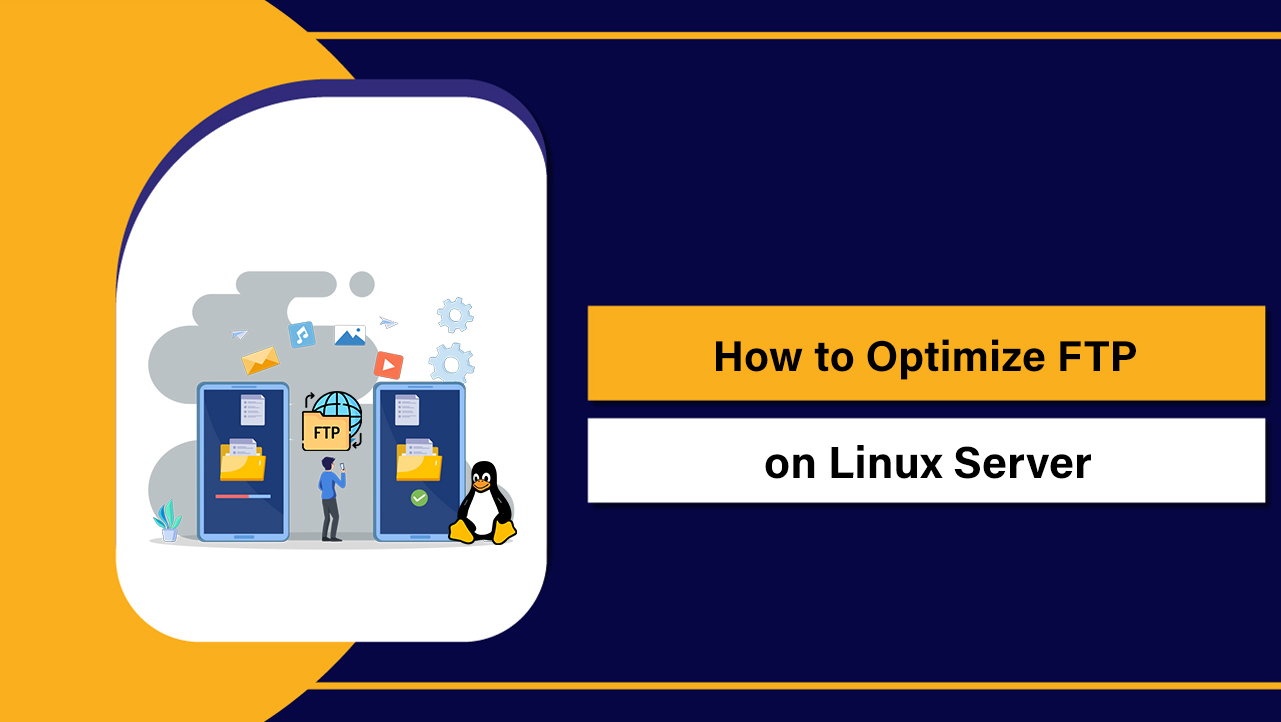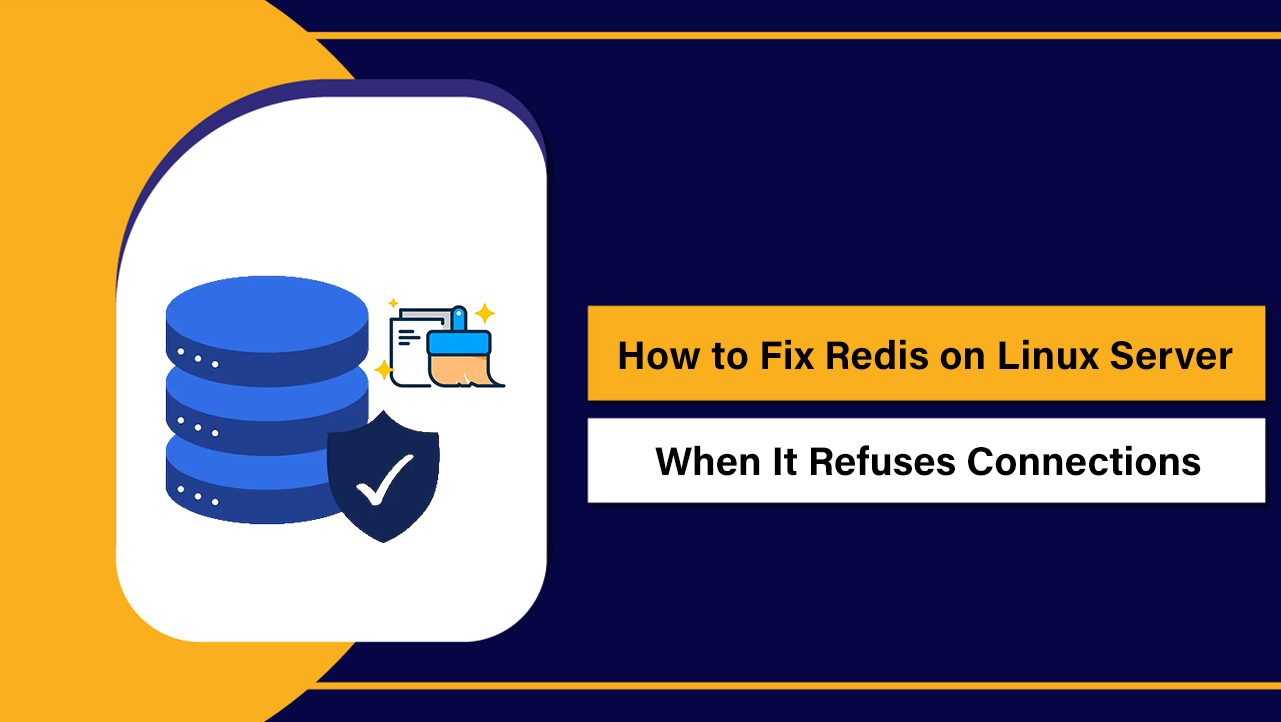Get Lightning Fast NVMe SSD VPS Hosting Now at 50% Off!
Fast, secure VPS hosting with AMD EPYC CPUs & NVMe SSDs. Perfect for blogs or growing businesses. Get 24/7 expert support, top performance, and great value, built to scale with you.
₹349
/ ₹999








